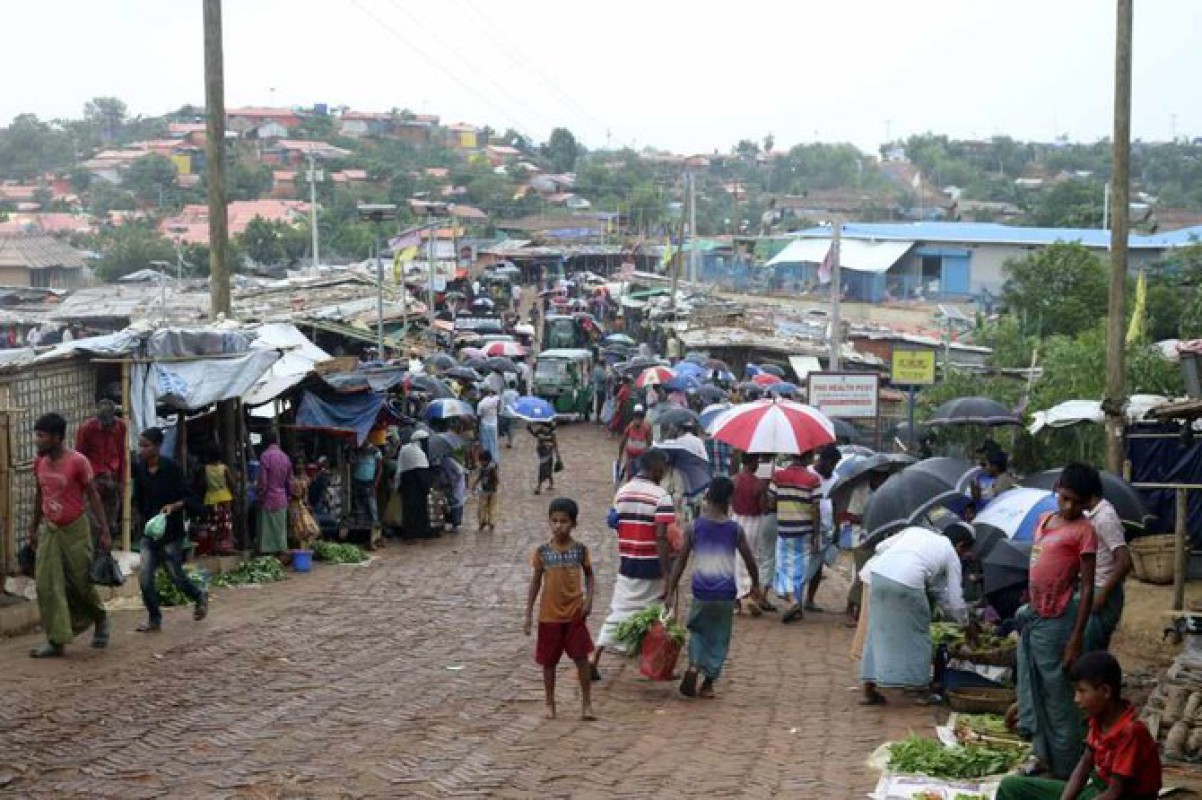Rakhine's brain drain accelerates as desperate youth seek opportunities abroad

121

Phyo (NP News) - Nov 11
Rakhine State, one of Myanmar’s less developed regions, is facing a growing brain drain as young people increasingly move to other parts of the country or abroad in search of better opportunities. A Rakhine ethnic source told The Statesman Journal that the issue is severe, pointing to long-term consequences for the state’s development and human capital.
“Rakhine has always been one of the less developed regions,” the source said. “Only recently have we started to see roads and bridges being built, trade growing, and more visitors coming in. There’s been more interest and some investment too. Back in our school days, our state was still lagging behind, and many people went to Malaysia or Thailand for work. Young people have been leaving since then.”
According to the source, the trend has not slowed. In recent years, some youth have crossed into India to find employment, while others have moved to Yangon. Those unable to manage in Yangon often go to Thailand or Malaysia, while those with more resources head to Singapore. The source warned that this continued outflow is concerning. “The brain drain will only get worse,” he said.
The problem has been exacerbated by disruptions to education. Many students missed schooling due to closures and instability, leaving gaps in learning and diminishing future opportunities. “Those in eighth or ninth grade at the time should now be in tenth grade, but their education was interrupted. Stress and trauma caused many to lose motivation. They are worried that, even if they sit for exams, no one will officially recognize their results,” the source explained.
The impact is not limited to students. Teachers, lecturers, and essential staff such as bank employees may also take years before returning to serve in Rakhine, slowing recovery and development. “Even after conditions stabilize, it will take three to four years for staff to feel safe and confident enough to return,” the source added.
Furthermore, the source warned, the trend of young people leaving the state for work or education abroad will continue until Rakhine becomes peaceful and stable again.
As Myanmar grapples with regional inequalities and the movement of youth, Rakhine’s experience highlights the challenges of retaining human capital and building sustainable development in historically underdeveloped regions.